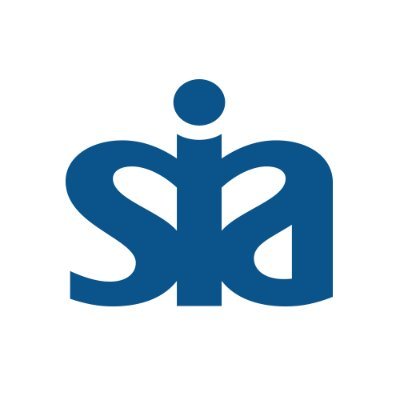Unless you are a keen follower of the Security Industry Authority (SIA), or the Private Security Industry Act 2001, you may not have known the SIA has three vital aims.
- To conduct inspections within the private security industry.
- To set and approve standards of conduct, training and supervision within the industry.
- To make recommendations in order to improve standards within the private security industry.
Now you know the aims of the SIA we’ll explore each aim individually.
Inspections
The SIA is authorised to enforce and prosecute during inspections of a premises, individual or company if they are caught breaching the laws of the Private Security Industry Act 2001.
This includes activities such as engaging in licensable conduct without a license, falsely claiming to hold approved contractor status and making false statements to the SIA.
The SIA also need to make sure that all of it’s license holders have the correct type of license for the job at hand, for example an SIA frontline and non frontline license.
SIA investigators can legally enter (at reasonable times) any premises an individual or business may own. In addition, the individual or business must supply the investigator with any documents which may help wit their investigation when prompted.
Although the SIA can open up official criminal investigations before prosecution, it is not the organisation’s preferred method of conduct and would instead rather work with those being investigated to see how they can meet their legal obligations without further need for prosecution.
Setting and approving standards
The SIA have responsibility for making sure SIA license holders and SIA trainers are acting reasonably, responsibly and professionally. Although the SIA does not deliver training directly, they are responsible for setting up the curriculum training providers must follow, before they are able to offer licensed linked qualifications.
Improving standards
A key aim of the SIA’s is to “raise standards and recognise quality service.” The way the SIA carry this out is detailed in the approved contractor scheme (ACS).
The SIA expect ACS companies to meet the following guidelines:
- The people in charge of the business should be “fit and proper” which is assessed by checking an individual’s identity, background, criminal record, and general integrity of those in charge of the business.
- Directors of the company should have non-frontline licenses.
- All security staff should have frontline licenses. There is an exception for those who solely perform key holding responsibility, where it is acceptable to have a non-frontline license.


